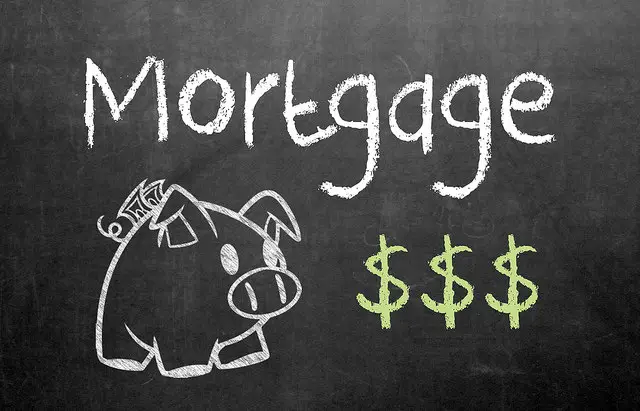 One of the biggest questions for first-time homeowners is this: How much can I afford to borrow? Although there are exceptions to every rule, mortgage providers generally require your total debt to be no more than 36% of your pre-tax income. Your total debt includes:
One of the biggest questions for first-time homeowners is this: How much can I afford to borrow? Although there are exceptions to every rule, mortgage providers generally require your total debt to be no more than 36% of your pre-tax income. Your total debt includes:
Housing Expenses
Your housing expenses include your mortgage payment, homeowners insurance, and property taxes. If your down payment is less than 20% of the purchase price, then you’ll need to factor in the cost of private mortgage insurance too.
Current Obligations
This includes all other monthly debt payments not related to housing such as credit card bills, car loans, child support and alimony, and student loans. Although it’s not necessary, to be conservative, some people include additional expenses like childcare, healthcare, school tuition, and retirement savings.
To estimate your monthly housing budget:
- Multiply your pre-tax income by 0.36; this is your maximum allowable debt
- Add up all of your current obligations
- Subtract (2) from (1)
The resulting number is the maximum monthly housing expense you can expect to afford assuming a debt-to-loan ratio of 36%.
Yes, some lenders may be willing to stretch this number to 40% or more; but keep in mind that the added debt load increases your financial risk in the event your income decreases in the future.
***
Readers: This is article 9 of 25 from my no-nonsense “Mortgage Basics” quick-reference series.
Photo Credit: GotCredit

Really great info. Many people I know were thrown off course really badly because they prepared only for the mortgage itself and then were hit by additional taxes, insurance, home repairs, electricity bills that were bigger than expected etc.
Agree. Good comment, Ramona.
It’s important you are honest with yourself and include all expenditures and possible emergencies with your family and the new home-don’t want to put anything on a credit card with high interest rates.
It’s been my experience that some realtors will also try to excite and impress prospective buyers to go for the largest house possible, using tactics like “but your income will increase over time, making it more affordable”. So proud that my oldest didn’t fall for that, and went for a reasonable older place that’s not breaking his budget! 🙂
Yes! I was always told it was best to buy the lowest price house in the best neighborhood you can afford.